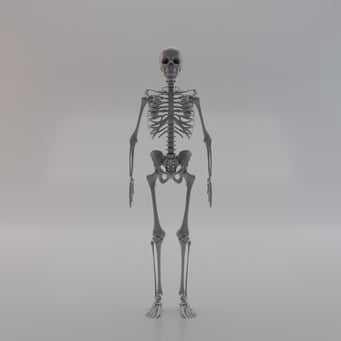How much is the pain we feel amplified by our attitude? I was taught as a kid that if you had pain that wasn’t of the order of a broken arm or a burst appendix, you dealt with it and didn’t talk about it. There was no kvetching or gnashing of teeth around the dinner table. My mother, who raised for four kids on her own in the 1950’s, had migraine headaches and simply retired to her bed, took some kind of medication, lowered the shades, shut the door, and suffered through it. It was never a topic of conversation.

Well, I’m breaking that rule. I’m kvetching. I, like many of you, experience discomfort much of the time from what most people would deem “minor” distress – chronic aches and pains, usually intermittent or fitful. They aren’t minor to me. Like:
- When I awake and get up and start moving around, maybe three days out of seven, I get a sudden attack of nausea that can occasionally end in throwing up. More often than not, as I am reaching for a bowl, it settles down. My guess is that lying flat on my back for 8-9 hours at night leads to a build-up of stomach acid. What I eat doesn’t seem to matter.
- I have intermittent neuropathic spasms beneath my paralysis line, especially in the buttocks and thigh areas. Nothing as intense as many people with paralysis and MS, but still maddening. I go through long periods without this and then it flares up and lasts for days. It comes in various forms, sometimes feeling like I urgently have to go to the bathroom, other times like I’m sitting on a giant pin cushion or just a burning sensation. No medication seems to provide relief. I just wait it out.
- My shoulders hurt pretty much of the time, despite being over a year after major shoulder surgery and a steady diet of stretching and resistance training with a PT. Twenty-six years in a manual chair takes its toll. A heat pack in the morning, ice pack at night help mitigate the dull pain but never eliminates it. Correct posture gives momentary relief. In particular, my left shoulder, which underwent the surgery, is still dicey. If I continue to stretch and strengthen it religiously, the aching will certainly ease. Hope springs eternal.
- I get a lot of headaches, mostly from a stiff back and neck muscles, I think. That’s probably par for any 77-year-old man who sits 14 hours a day.
In general, this means my waking brain is often half-focused on some bodily discomfort. Advil helps. In some cases, cannabis helps. But the biggest help comes from distraction. If I become absorbed in something – rolling, reading, even a rousing game of “Rummikub,” I forget about the pain. Watching intense TV shows like “Succession” or “The Bear,” with all the stress and tension and shouting and cursing, also provide relief. As with many shows, I’m just glad I’m not there.
Unfortunately, writing this description isn’t distracting me today and may even be exacerbating the problem. I think that was my mother’s point. It’s best, in most cases, to just buck up and try to put these minor irritations out of your mind. This reduces the possibility that you are giving them too much credence. Acknowledge it, even mitigate it if you can, but then go back to the rest of your life. In other words, don’t write whiny essays like this. Everyone has their own methods of dealing with the bodily disturbances that come with most disabilities. I try to practice the art of dismissal, though I’m not that good at it. At least in my case, they aren’t life-threatening, just a pain in the keister.

